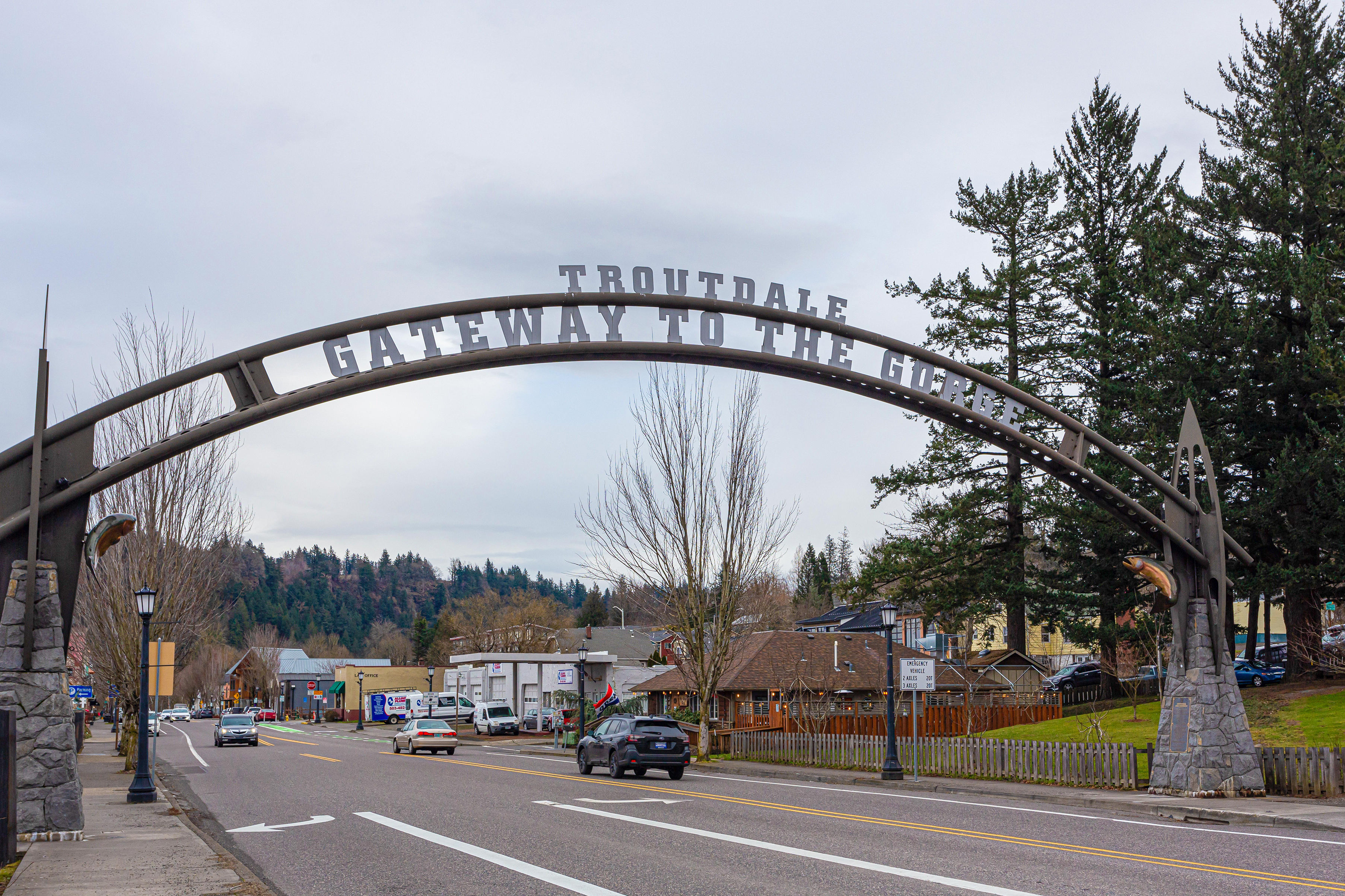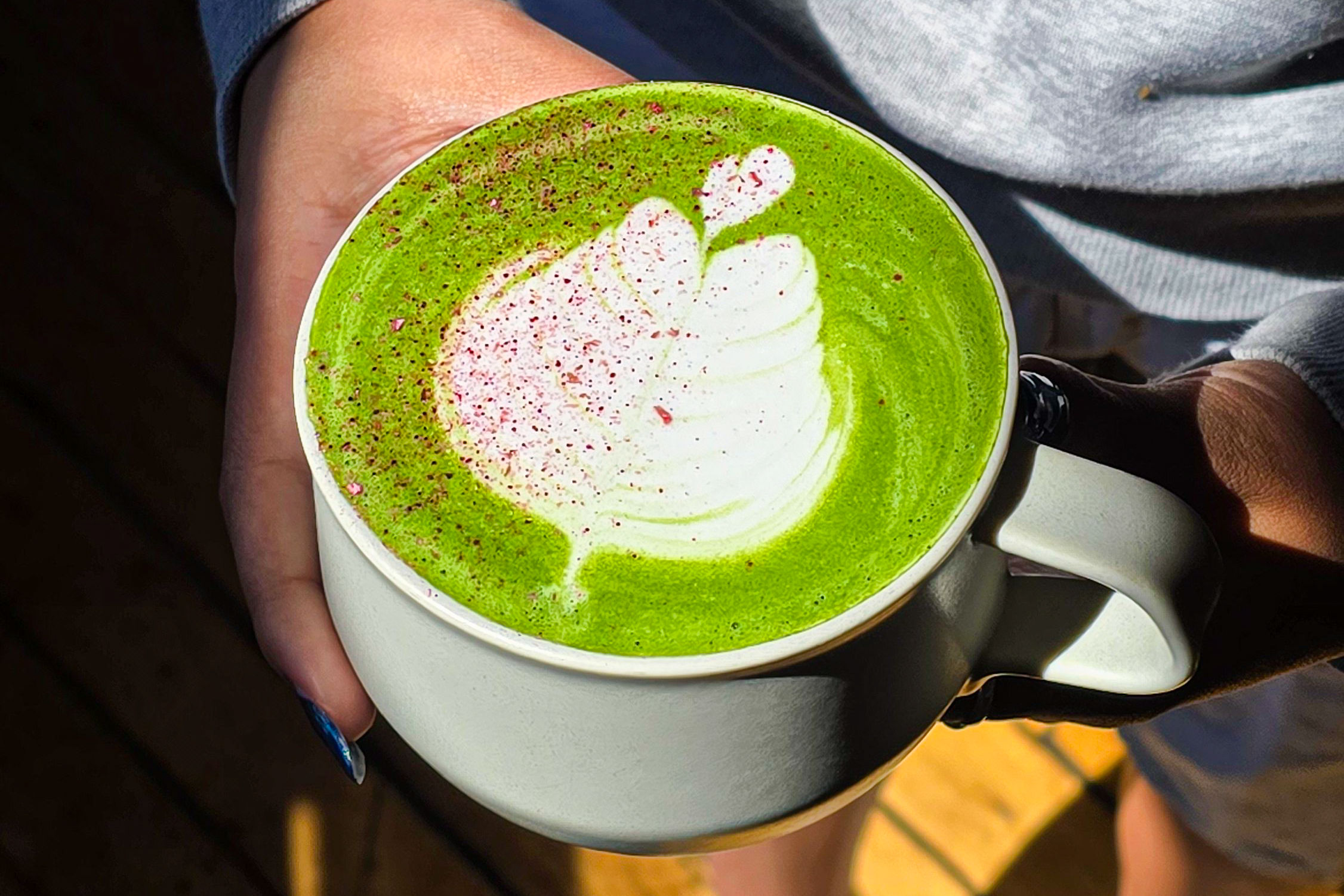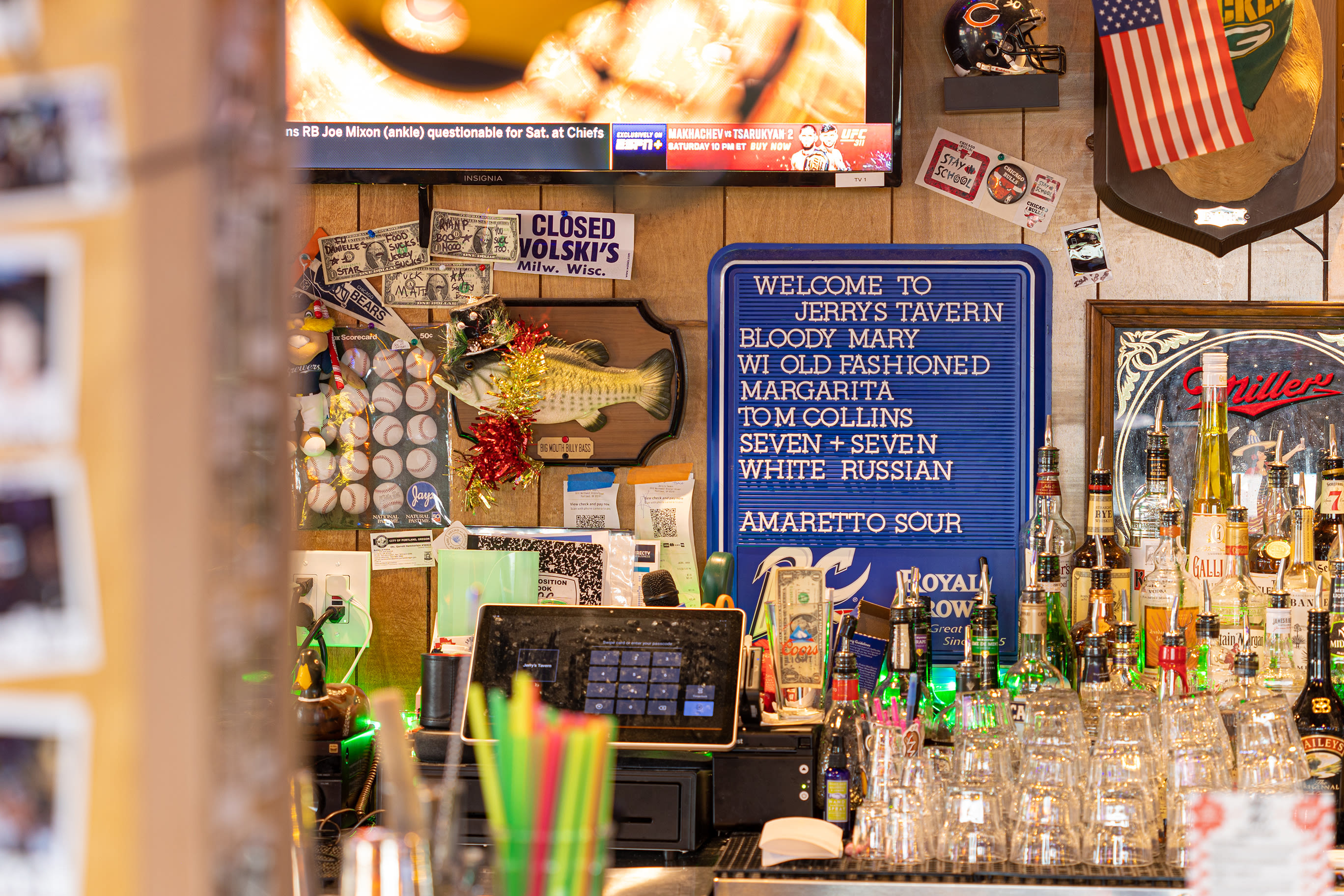Peek Inside the Secret Facility at the Heart of Portland’s Coffee Scene

Coffee Bean International’s warehouse and roastery in Northeast Portland.
Image: Stephanie Diller
It could be a scene from Charlie and the Chocolate Factory.
In a gargantuan Northeast Portland warehouse, a network of alien machines connected by pneumatic tubes sucks up coffee beans, distributing them for cleaning, roasting, and packing. Everywhere, sacks of green, raw beans tower more than 20 feet high. The sweet, slightly burnt smell of roasting coffee hangs deliciously in the air.
The headquarters of Coffee Bean International can house and process up to 2 million pounds of coffee at any given time. You’ll be forgiven if you’ve never heard of CBI, but chances are you’ve tasted the company’s product. Nearly all of the beans coursing through these tubes go to some 400 other companies, which package CBI’s bean blends under their own brands. Clients include big corporations—Target and Nordstrom cafés—and small artisan shops that need help with big orders. (For instance, the roaster assists a certain prominent local coffee chain in producing some of its exports.) CBI’s business plan is simple: develop custom blends of beans for its clients, and then recede into the background.
“Companies come to us and ask, ‘What kinds of coffees are you working with?’” says CBI’s director and master roaster, Paul Thornton. “We send them samples of beans. We’ll work quite a bit with things we already have.”
Like most specialty roasters, CBI assesses beans with “cupping scores” based on factors like balance, “unity,” and aroma. During a visit to the cupping room, we sampled a Colombian coffee with a cup score of 88 out of 100. Generally, only beans with scores in the top 20 percent find their way into CBI’s four large roasting machines.
“Once a week we sit down with all our roasters, talking about coffee,” says Thornton, 51. “We should always try new brew methods, always work with different roast styles.”
Born in Eugene in 1972 as a small roaster working with Coffee People, CBI moved to Portland in 1976. In the 1990s, its Panache brand of coffee took off along with the market for high-quality beans. In 2007, CBI was acquired by Farmer Brothers, a national beverage corporation. Now, CBI’s buyers regularly travel to South and Central America in pursuit of new and exotic beans.
“It’s one of the more aggressive coffee scenes. A lot of players are opinionated.”
“Early on, the industry was made up of little coffee shops, gas stations,
places like that,” says Thornton, who started working for CBI in 1982. “Starbucks came along and opened the world’s eyes. Everyone realized you can display coffee as a treat.”
As we tour the LEED-certified, 135,000-square-foot building, Thornton tells us he’s especially excited about a rare Salvadoran Geisha variety bean, which will be roasted and then sold at Public Domain on SW Broadway, the company’s only retail outlet.
“About nine years ago we started feeling disconnected from the local community,” says Thornton. “That’s where Public Domain came from. That’s where our best coffees go.”
Though CBI does most of its business outside of Portland, the city is perfectly suited for its mission.
“It’s one of the more aggressive, or challenging, coffee scenes,” Thornton says. “You have a lot of players who are very opinionated and they like to tell you what they think. And I am one of those people.”




